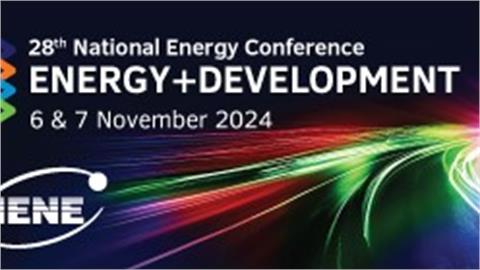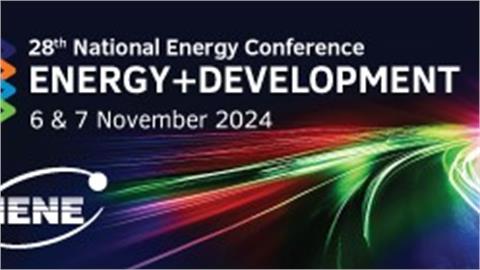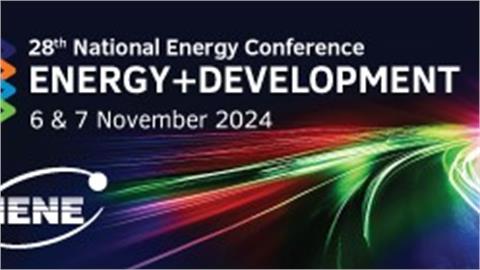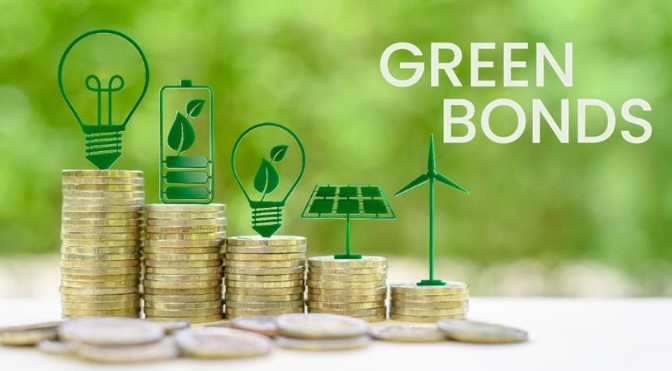In a Research Note released today and available soon under the studies
section at IENE’s website, the Institute of Energy for SE Europe
analyses the "The Role of Greece as a Supply Route to Europe in View of the Latest Gas Discoveries in the East Mediterranean.”
IENE observes that there is a growing realization that the newly
discovered hydrocarbon deposits in the East Mediterranean can play a
significant role in European gas supply. The prospect of an Eastern
Mediterranean Energy Corridor (East Med) as an additional East – West
energy corridor should therefore be given serious consideration, as it
could prove to be of key strategic and economic importance not only for
this region but to the EU as a whole.
According to IENE the realisation of this energy corridor depends on
the development of a strong bilateral relationships and a close
co-operation in the field of energy between Greece, the Republic of
Cyprus and Israel. The signing of a three-partite inter government
agreement between Greece, Cyprus and Israel is expected to firm up
commitments for a joint energy strategy and to speed up the
implementation of the necessary infrastructure.
The construction of a liquefaction facility on Cyprus that would
process and export natural gas from Israel’s and Cyprus’s gas fields is
currently being considered as a strategic energy priority by the Cypriot
and Israeli governments. A liquefaction facility in Cyprus would also
provide other regional gas producers ready access to the European energy
market and thus encourage the further exploitation and production of
Eastern Mediterranean gas fields.
The construction of a pipeline from Cyprus to Greece and from there to
Italy, via the proposed Poseidon interconnector, which will transit
natural gas from the fields in Israel and Cyprus, is being considered as
available alternative option by the IENE study. Given the magnitude of
the discovered gas deposits in the East Med region, notes IENE, a gas
pipeline may be developed if necessary in parallel to the LNG export
option. However, in view of a forecasted global LNG liquefaction
production glut by 2020 the pipeline option could gain ground as a more
realistic option and more in tune to European gas market requirements.
Related content
Monday, 25 November 2024
Tuesday, 05 November 2024
Thursday, 24 October 2024
Wednesday, 03 July 2024



